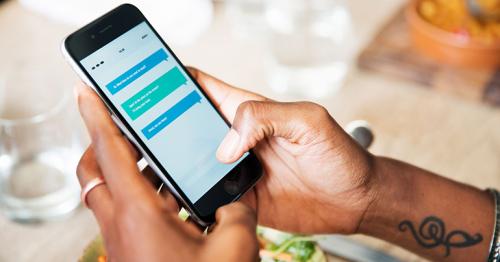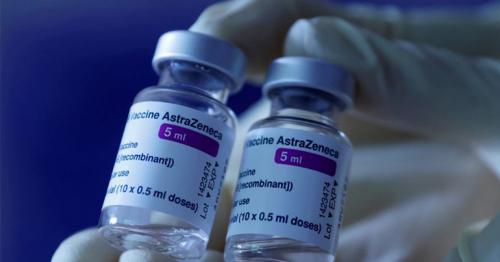Early Warning Signs Your Blood Pressure is Dangerously High (1 in 5 Don’t Know They Have It!)
More obvious symptoms, like headaches, shortness of breath, nosebleeds, nervousness, sweating, difficulty sleeping and facial flushing, can actually indicate hypertensive crisis, a severe and sometimes fatal manifestation of the disease.
Low Blood Pressure Isn’t Much Better
Low blood pressure may be more rare, but it’s certainly not any healthier. Over time, it can rob the brain, organs and tissues from life-sustaining oxygen and nutrients. The condition is typically caused by old age, inactivity and lack of exercise.
Worse of all low blood pressure can often occur without presenting obvious symptoms. Many sufferers don’t even think of measuring their blood pressure and their body is slowly starved and begins to breakdown.
- Dizziness or lightheadedness
- Fainting (syncope)
- Lack of concentration
- Blurred vision
- Nausea
- Cold, clammy, pale skin
- Rapid, shallow breathing
- Fatigue
- Depression
- Thirst
How To Measure Blood Pressure
Since its symptoms can be hard to recognize, the easiest way to diagnose hypertension is to regularly measure your blood pressure at your doctor’s office and at home. This is especially important for people with a family history of the condition or who live an unhealthy lifestyle.
Blood pressure is determined both by the amount of blood your heart pumps and the amount of resistance to blood flow in your arteries.
Here are the guideline set by the National Institute of Health to determine your condition (10):
- Normal: Lower than 120/80
- Prehypertension: 120–139/80–89
- Stage 1 high blood pressure: 140–159/90–99
- Stage 2 high blood pressure: 160 and above/100 and above
How To Manage High Blood Pressure
Commonly prescribed medication is used to treat the symptoms of hypertension, but often do little to treat the cause. Because the condition is often caused by an unhealthy lifestyle, a healthy diet and regular exercise can effectively prevent and treat high blood pressure.
It’s important to make sure to get plenty of fiber, magnesium, calcium and potassium, folic acid and Omega-3 fatty acids, which can all help reverse the disease and promote cardiovascular health.
Natural vasodialators like such as cocoa, coenzyme Q10, L-arginine or garlic can also help dilate your blood vessels to lower your blood pressure.
Lastly, hypertensive patients should avoid avoid sugar, trans fats, high sodium foods, caffeine, stress, inactivity, alcohol and cigarettes, which are all known to contribute to high blood pressure.
/ Source: dailyhealthpost





Comments